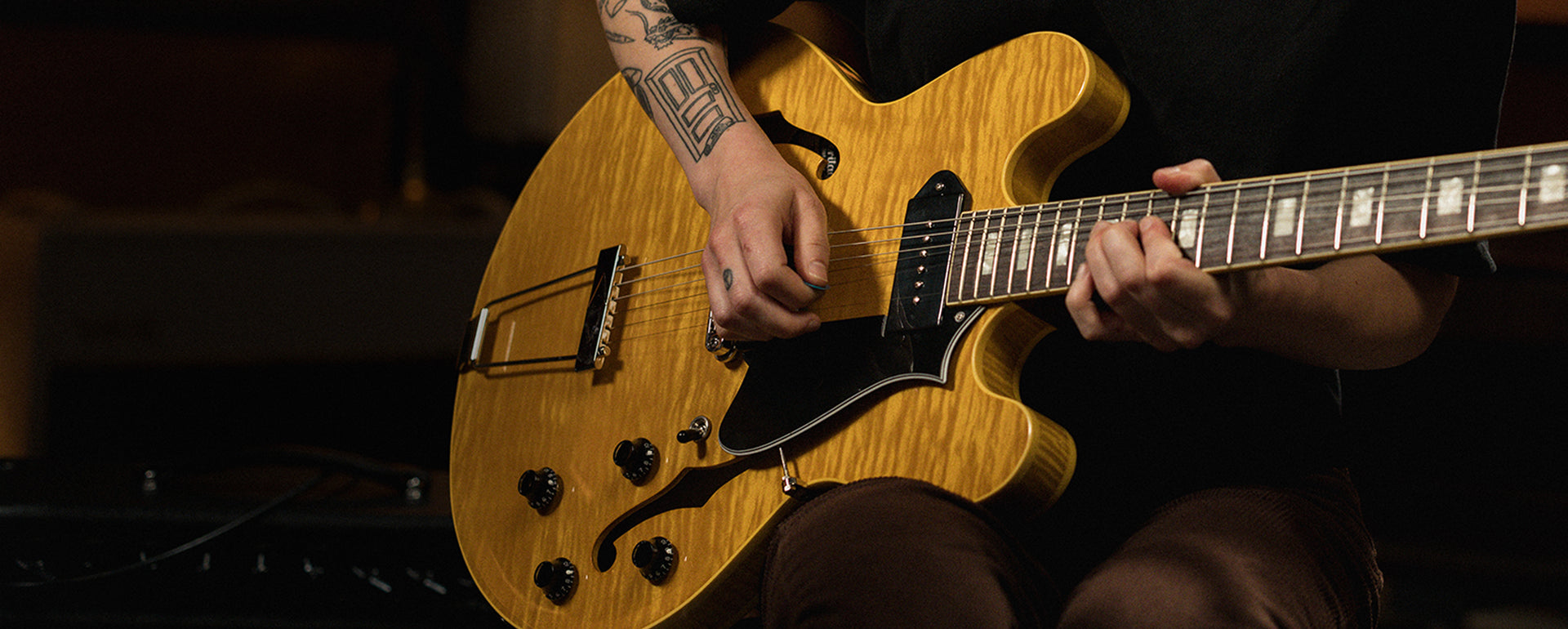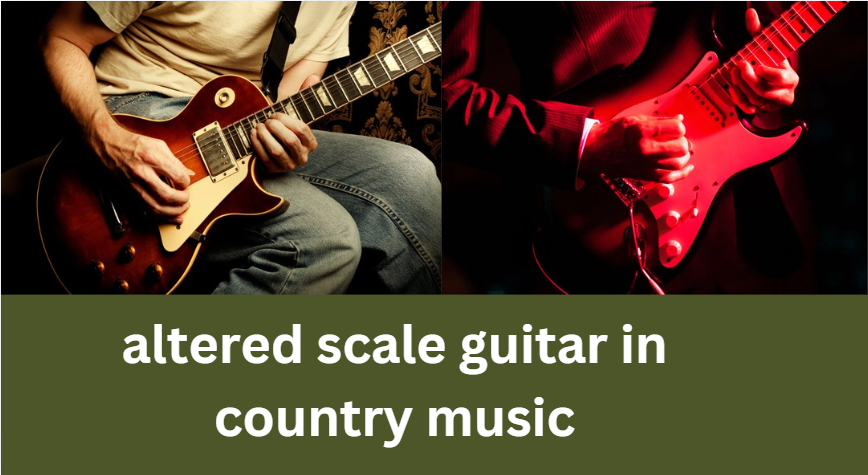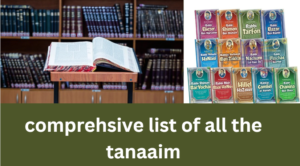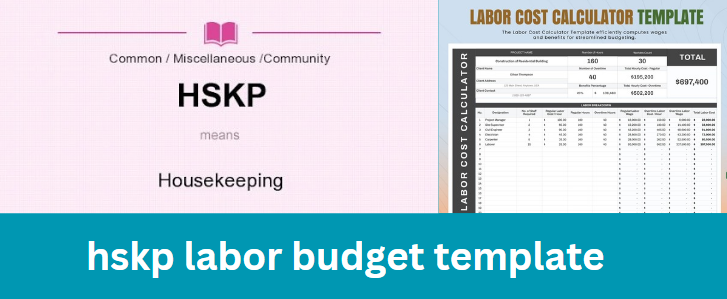Country music is known for its warm, relatable melodies and expressive guitar solos, built on scales like the major, minor, and pentatonic. However, the introduction of the altered scale has brought an unexpected twist to the genre, enabling musicians to experiment with unique harmonic possibilities. This article will delve deep into the use of the altered scale guitar in country music, exploring its theory, application, and impact on the genre, and how it has enabled musicians to push the boundaries of traditional country sounds.
Contents
- 1 Understanding the Altered Scale and Its Role in Country Music
- 2 How the Altered Scale Became Popular in Country Guitar Playing
- 3 Practical Application of the Altered Scale in Country Guitar Playing
- 4 Examples of Altered Scale Riffs in Country Music
- 5 Integrating Altered Scale Guitar in Different Country Subgenres
- 6 Challenges and Benefits of Using the Altered Scale in Country Guitar
- 7 FAQs About Altered Scale Guitar in Country Music
- 8 Conclusion
- 9 Related Posts Like Altered Scale Guitar in Country Music
Understanding the Altered Scale and Its Role in Country Music

The altered scale, often associated with jazz and blues, is a unique seven-note scale that includes several altered notes, typically variations on the dominant scale. The altered scale is formed from the seventh mode of the melodic minor scale, with notes typically comprising the root, flat ninth, sharp ninth, major third, sharp fourth, sharp fifth, and flat seventh. This combination allows guitarists to add dissonance and tension to their solos, creating more emotional depth.
In country music, the altered scale may seem unconventional, as country traditionally emphasizes simple, melodic lines rather than harmonic tension. However, modern country guitarists have embraced the altered scale to add a new emotional dimension to their playing, blending the genre’s classic sounds with jazz-like complexity.
Key Features of the Altered Scale
- Dissonance: The altered scale is filled with dissonant intervals, making it ideal for creating a sense of tension and anticipation in solos.
- Versatility: While it’s commonly used in jazz, the altered scale can be adapted to fit the country genre by blending it with other scales like the major pentatonic and minor blues scales.
- Emotional Depth: The sharp and flat notes within the scale enable guitarists to convey a range of emotions, from suspense to longing, that enhance storytelling in country music.
How the Altered Scale Became Popular in Country Guitar Playing

Country guitarists have often borrowed techniques and ideas from jazz, rock, and blues, allowing the genre to evolve. The integration of the altered scale guitar in country music began with musicians looking to add a sophisticated edge to their solos. By the late 1990s, country guitarists experimented with jazz-like harmonies, combining major and minor pentatonic scales with chromatic runs and altered tones. This trend was further popularized by artists and session guitarists who recognized the expressive potential of the altered scale and adapted it to suit country’s signature storytelling style.
Influential Guitarists Who Popularized the Altered Scale
- Brent Mason: Known for his virtuosic playing and improvisational style, Mason introduced jazz and blues elements into country music, including the use of altered scales.
- Danny Gatton: Dubbed the “Telemaster,” Gatton was a master of combining jazz, blues, and country sounds, often utilizing altered scales to bring a sense of unpredictability to his solos.
- Keith Urban: Urban has experimented with various scales and modes, incorporating the altered scale to add emotional complexity to his guitar work.
Practical Application of the Altered Scale in Country Guitar Playing
Step 1: Learning the Basic Altered Scale Pattern
To begin incorporating the altered scale guitar in country music, it’s essential to familiarize yourself with its core pattern. Here’s a sample of the altered scale in the key of C:
- Notes: C – Db – D# – E – F# – G# – Bb – C
Practicing this pattern across the fretboard will allow you to integrate the scale into solos and licks more fluidly. Start by focusing on the third and seventh positions, as these are often where the scale’s dissonant character can be emphasized.
Step 2: Blending the Altered Scale with the Pentatonic Scale
Incorporating the altered scale in country music is about balance. Most listeners expect a familiar sound in country solos, so blending the altered scale with the pentatonic scale can be a powerful way to create contrast without alienating the listener. For instance, start a solo in the minor pentatonic and transition into the altered scale at pivotal moments, such as during a modulation or bridge section.
Step 3: Using the Altered Scale to Create Tension and Resolution
The altered scale is most effective when used to build tension that resolves into more conventional, consonant notes. A common technique is to play the altered scale over a dominant chord (e.g., G7 in the key of C) and then resolve to the root or fifth of the tonic chord. This method allows for a satisfying sense of release, blending traditional country harmony with modern jazz-inspired complexity.
Examples of Altered Scale Riffs in Country Music
To better understand how the altered scale guitar in country music can sound, here are a few example licks:
Example 1: Transition Lick in G7
Using the altered scale over a G7 chord, try playing the notes G – Ab – Bb – B – D – Eb – F, then resolving back to G. This creates a rising tension that can be smoothly resolved by landing on a G note within a more conventional country lick.
Example 2: Blues-Country Fusion Riff
Incorporate the altered scale within a traditional 12-bar blues pattern in country music. Using the C altered scale over a C7 chord, you can bring a jazzy twist to an otherwise familiar pattern, adding depth to the classic country blues sound.
Integrating Altered Scale Guitar in Different Country Subgenres
The versatility of the altered scale guitar in country music means it can be applied across various subgenres. Here’s how it can work in different settings:
Country Rock
In country rock, the altered scale can add a bit of grit and tension to solos. For example, by using the altered scale sparingly during breakdowns or bridges, guitarists can create unexpected twists that give songs a harder edge without losing the country vibe.
Bluegrass
While bluegrass is deeply rooted in traditional tonality, the altered scale can be applied subtly to add sophistication. Using a G altered scale riff in a minor progression can lend a darker, more expressive feel to bluegrass solos.
Traditional Country
In traditional country, where simplicity and melody are key, the altered scale is best used as an accent rather than a core scale. Try incorporating a few altered scale notes at the end of a verse or chorus to surprise the listener and add a unique tonal flavor to the piece.
Challenges and Benefits of Using the Altered Scale in Country Guitar

Challenges
- Balancing Dissonance: The altered scale can easily sound “out of place” if overused. Finding the right moments to introduce the scale without overwhelming the traditional country sound is crucial.
- Technical Proficiency: Mastering the altered scale requires a solid grasp of finger placement and chromatic movement, which may take time for country guitarists used to simpler scales.
Benefits
- Emotional Range: The altered scale allows guitarists to explore darker or more complex emotions, enhancing the storytelling aspect of country music.
- Harmonic Depth: By incorporating the altered scale, guitarists can create more layered and textured compositions, adding a new level of interest for listeners and musicians alike.
FAQs About Altered Scale Guitar in Country Music
1. What is the altered scale, and why is it used in country music?
The altered scale is a seven-note scale that includes several altered notes, typically used to add tension and dissonance. In country music, it offers a new way for guitarists to express emotion, blending traditional sounds with a modern, complex edge.
2. Is it difficult to play the altered scale on guitar?
The altered scale can be challenging at first due to its dissonant notes and chromatic movement, but with practice, it becomes easier to integrate into solos. Many guitarists start by combining it with the pentatonic scale to ease into its unique sound.
3. Can the altered scale be used in any style of country music?
Yes, the altered scale can be adapted to various country styles. It works well in country rock, traditional country, and even bluegrass when applied thoughtfully to avoid overwhelming the genre’s natural simplicity.
4. Are there any well-known country songs that use the altered scale?
While it’s rare to find songs that rely solely on the altered scale, many country guitarists use it within solos or riffs. Musicians like Brent Mason and Keith Urban occasionally integrate altered scale riffs to add complexity to their music.
Conclusion
The altered scale guitar in country music is a fresh way to add depth and emotional range to the genre, challenging traditional boundaries and pushing country music into new sonic territories. By blending the altered scale with familiar pentatonic patterns, guitarists can bring a modern edge to their playing, infusing their solos with jazz-inspired sophistication while still honoring the genre’s roots. Whether you’re a seasoned musician or a curious beginner, exploring the altered scale offers an exciting path toward enhancing your sound and connecting with your audience in unexpected ways.
Related Posts Like Altered Scale Guitar in Country Music
Pectora Twilight Knights CD: A Comprehensive Review and Analysis





















+ There are no comments
Add yours